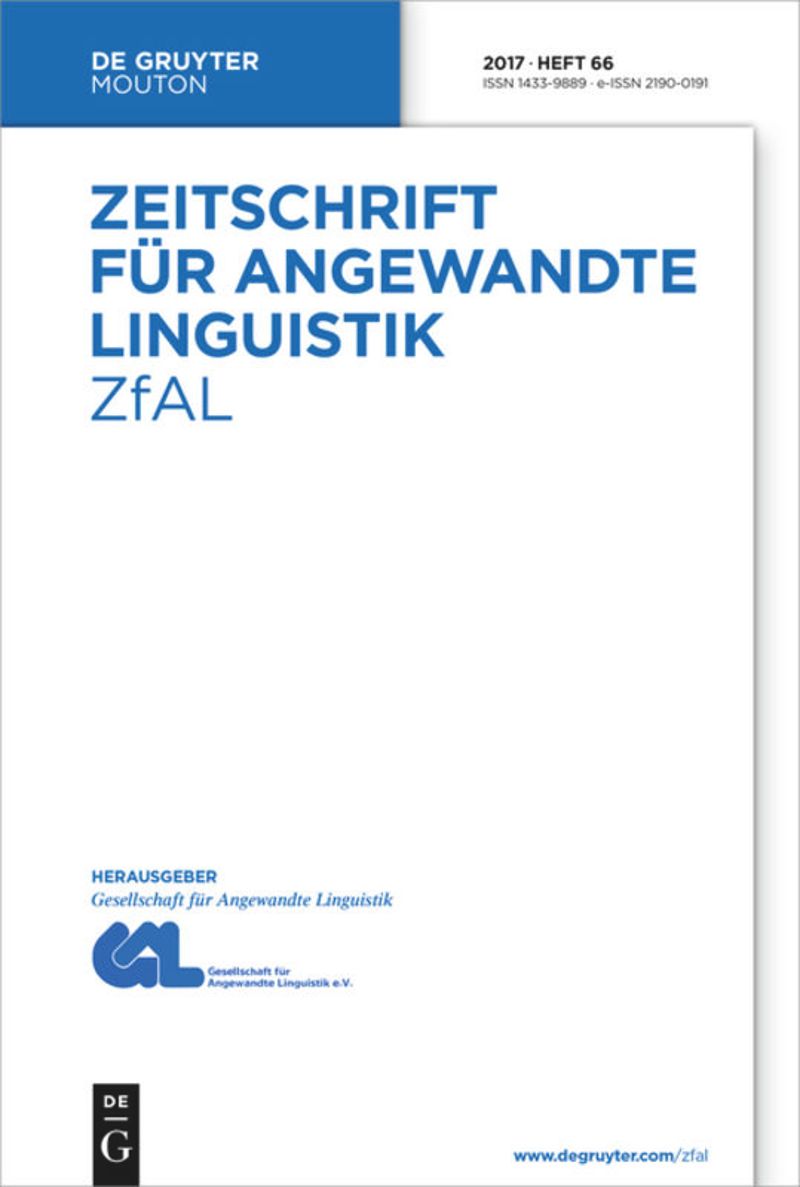
This article discusses marginalisation in internet forums and blogging platforms using the example of asexuality blogs and discussion threads. While large corpora of both English and German, such as COCA and DeReKo, contain hardly any mention of asexuality and these few instances of asexuality and related expressions typically refer to plant biology, online communities do discuss aspects of life as an asexual person and their experiences of marginalization even within the LGBTQ community. Definitions of asexuality, including its delineation from other identities, and how asexual people articulate conflicts and other issues on these online platforms are discussed in detail. Particular attention is paid to how this particular group is constructed by others, how they construct themselves as not being part of the mainstream, and the role (self-)marginalisation plays in this context.
Zeitschrift für Angewandte Linguistik 2020(73). 213–238.
ISSN: 2190-0191